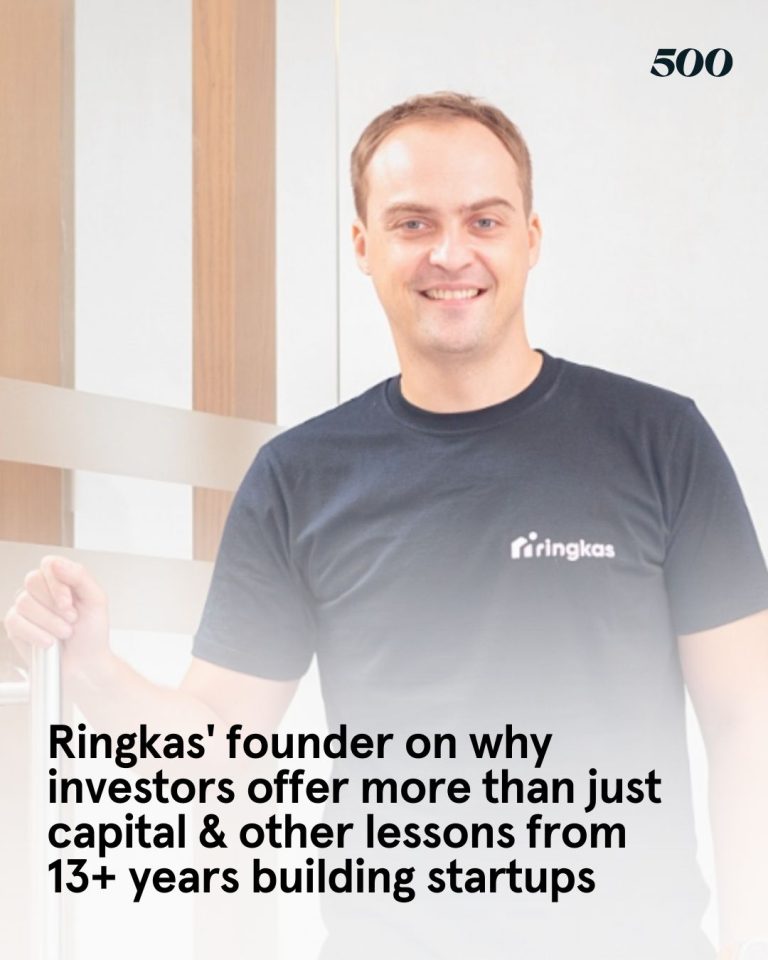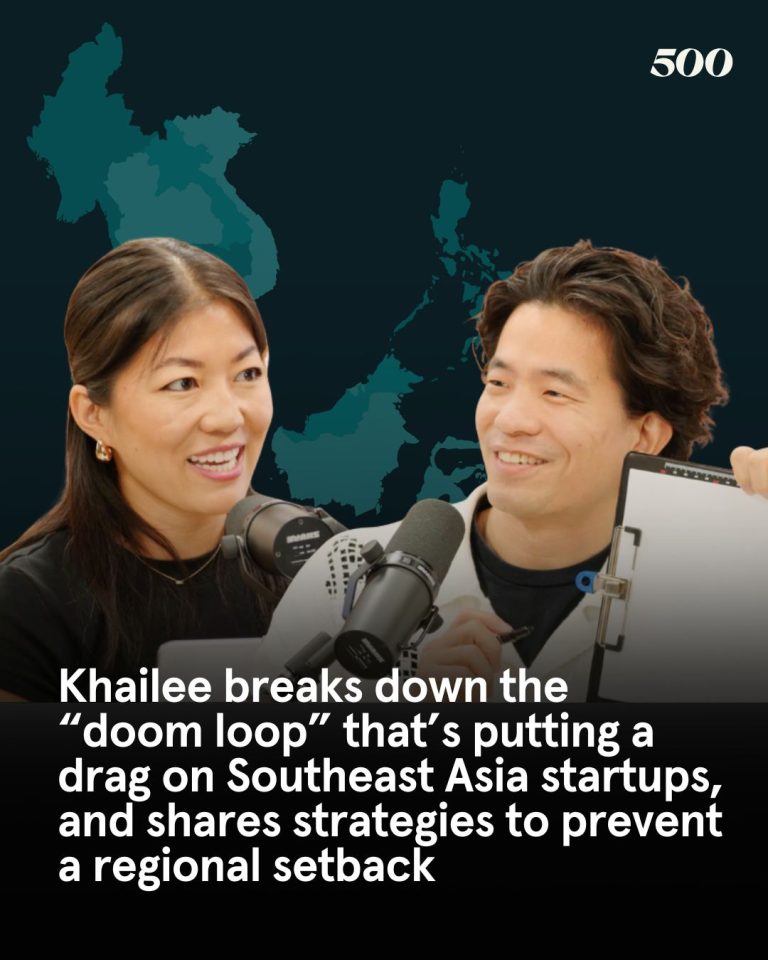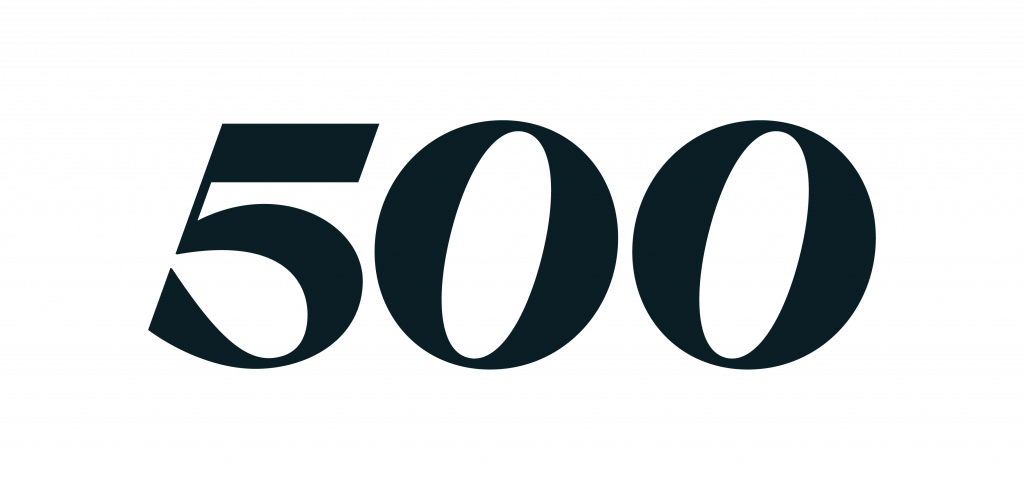Even smarter solutions
- Shrimp are sensitive creatures. So sensitive in fact, that if one shrimp contracts a virus, the entire pond of shrimp may die. And it may not stop there — disease can spread when a bird drinks from one pond then another or simply through water flowing from one infected pond to another.
- A well-managed farm though, can boost shrimp survival rates from as low as 60% to as high as 90%, shared Elsa Vinietta, Head of Aquaculture Platform and AI for 500-backed aquatech company eFishery.
- Last year, the team began using Microsoft Azure IoT to connect and communicate with their smart feeders and water quality monitors, gathering and analyzing data in real time.
- A generative AI tool, dubbed Mas Ahya, was developed to allow farmers to get insights and tap into eFishery’s proprietary expertise and best practices. They can also ask questions and get answers in plainspoken language anytime to maximize production.
- “Since using Mas Ahya, I know every second what the quality of the water is. I can also estimate prices better,” shared shrimp farmer Andriyono. “Mas Ahya makes everything quicker.” In the past, Andriyono had to wait two days for the results of water samples from the lab.
- Mas Ahya provides data from the water quality monitors such as pH, oxygen, temperature and salinity levels, which allows the farmer to quickly respond to the most life-threatening parameters. It also integrates lab data from more than 100 parameters so farmers can get in-depth analysis that inform longer-term sustainable practices.
- The app is currently available in Bahasa Indonesia, Javanese and English. “This will lower the barrier to entry even further for our farmers,” explained Andri Yadi, eFishery’s VP of AIoT & Cultivation Intelligence.
- Indonesia is currently the third-largest aquaculture producer and the government has ambitious targets for expanding the sector. eFishery aims to support this growth in the future with Mas Ahya — by helping Indonesian fish and shrimp farmers adopt more sustainable practices, thus enabling them to get certified locally and by global organizations such as US-based Best Aquaculture Practices (BAP) and Seafood Watch.
- Read the full story here.




